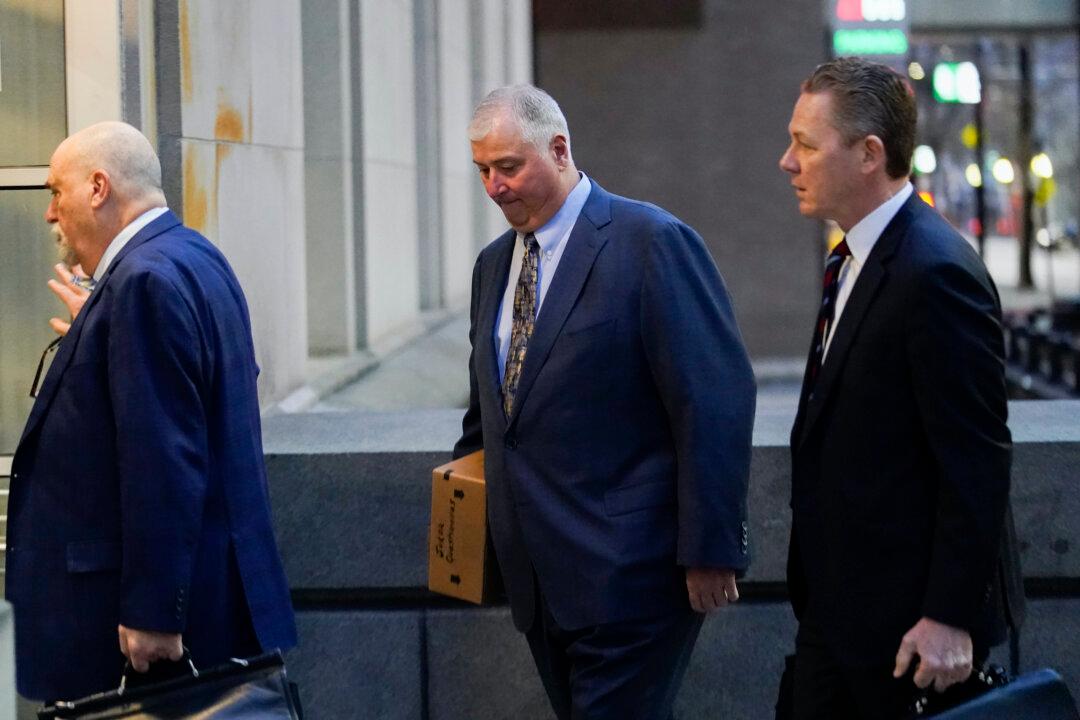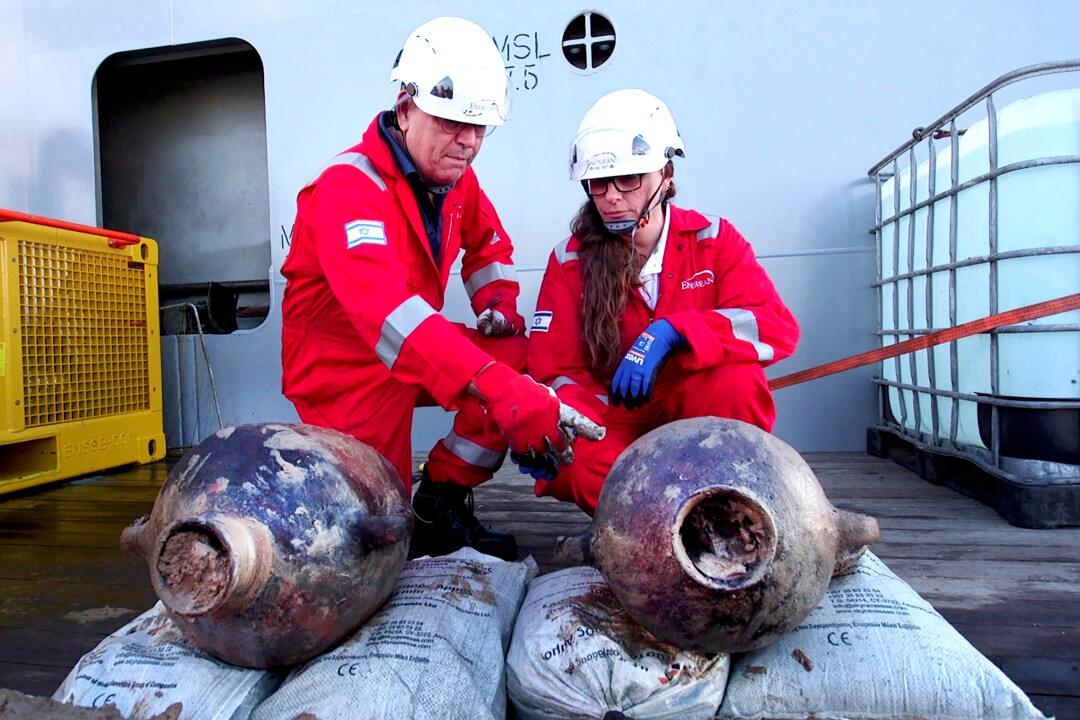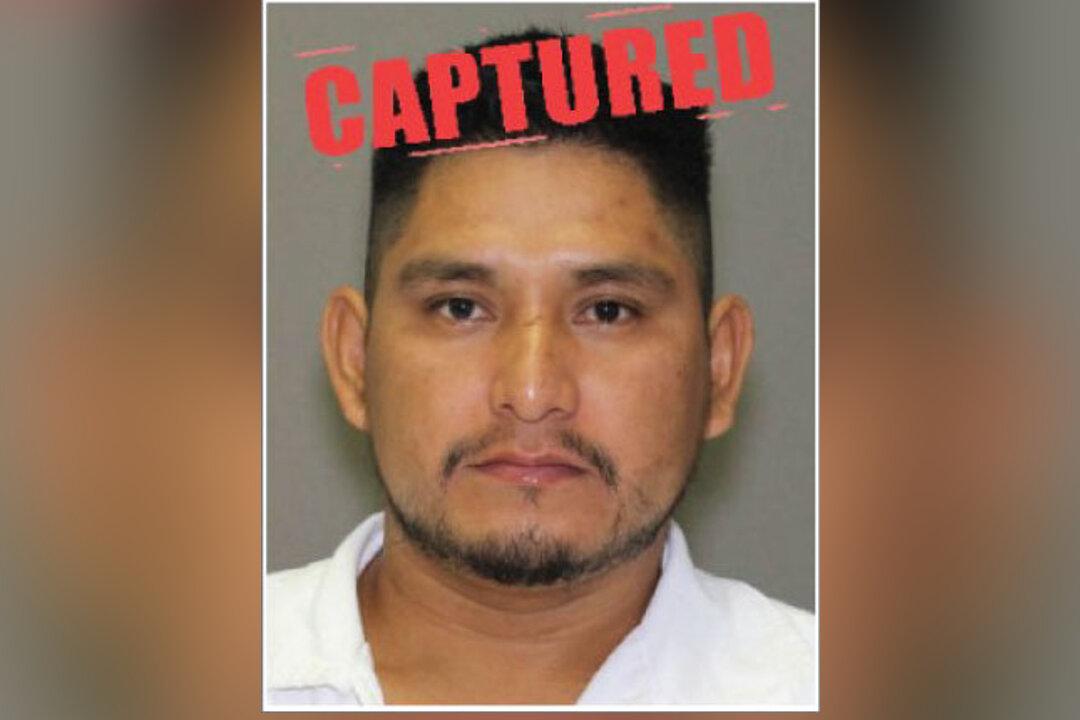A federal jury convicted former Ohio House of Representatives Speaker Larry Householder and former Ohio Republican Party chair Mathew Borges of participating in a bribery scheme of $60 million, the U.S. Department of Justice said on Thursday.
Householder, 63, and Borges, 50, were charged in 2020 in a bribery case related to a nuclear plants bailout bill passed in 2019. The legislature revoked the bill in 2021.





